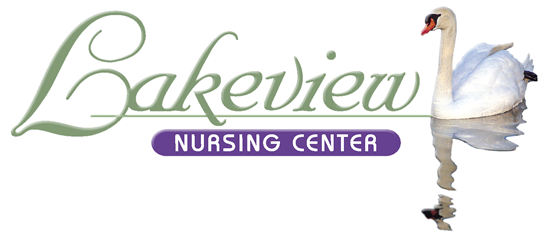 SPEECH THERAPY
SPEECH THERAPY
A Speech- Language Pathologist (SLP) evaluates and treats disorders of speech, language, voice, and swallowing. As part of an interdisciplinary treatment program, the speech language pathologist educates and counsels people on the impact of and strategies for communication disorders.
SLPs assess speech production (articulation), oral motor abilities, comprehension, verbal expression, reading, writing, general executive functions (memory, attention cognitive communication) and accent modification.
Patients with Alzheimer’s dementia and their families may benefit from Speech Language Therapy to address compensatory strategies to maximize and maintain communication for as long as possible. The SLP can determine the specific stage of dementia and develop a home program to maintain optimal cognitive linguistic functioning.
SLPs are trained in identification and treatment of swallowing disorders (Dysphagia). A swallow evaluation looks at a person’s ability to safely swallow food and liquid to maintain nutrition and hydration. Treatment may consist of training in compensatory strategies, determining best diet texture for safety, DPNS, Vital Stim or oral motor exercises. The ultimate goal of any intervention is to preserve the person’s quality of life for as long as possible.
There are many causes of speech and language disorders or swallowing disorders such as:
- Aphasia
- Apraxia
- Dementia
- Dysarthria
- Head and Neck cancer
- Parkinson’s Disease
- ALS
- Huntington’s Disease
- Stroke
- Traumatic Brain Injury
- Anoxia
- Cerebral Palsy
- Bell’s Palsy
- Hearing Loss resulting in articulation deficits in children
- Congenital or Developmental Disorders
- Memory Loss
- ADD in Adults and Children
A qualified speech language pathologist is certified by the American Speech-Language-Hearing Association (CCC- SLP). www.asha.org/public/speech/
A Speech Language Pathologist must have a master’s degree and a state license.
